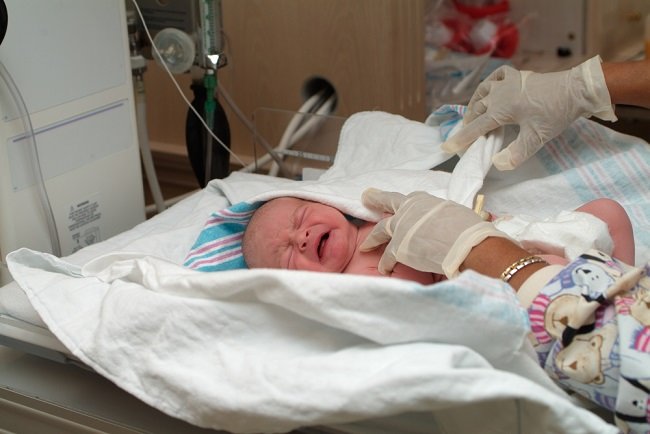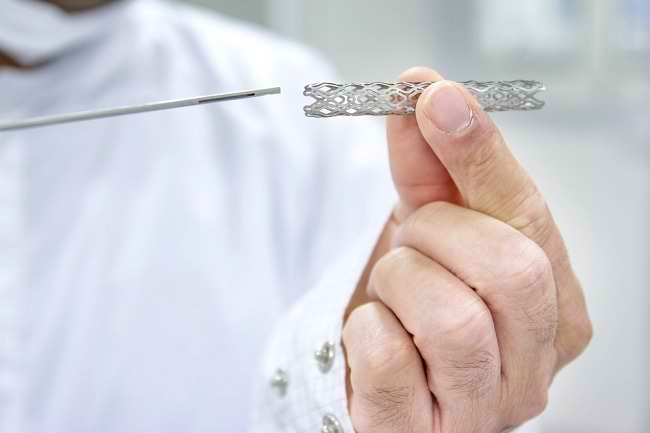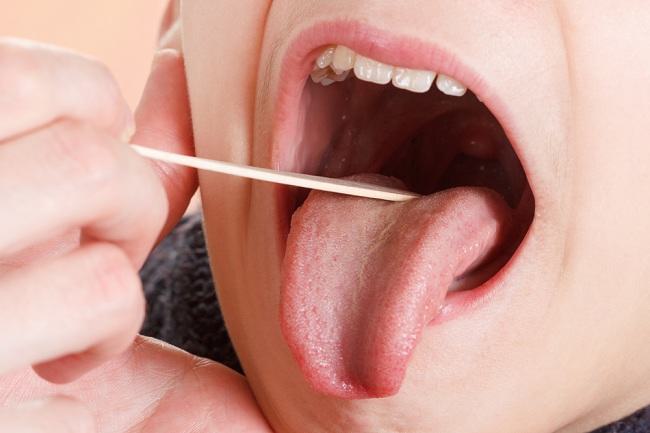Polyp surgery is the most effective treatment in treating nasal polyps. Even so, this operation can only be done if various previous treatments do not give optimal results.
Nasal polyps are tissue growths in the form of small lumps on the walls of the respiratory tract in the nose. Polyps develop when the mucous membranes in the nose or sinuses become inflamed and swollen over a long period of time.
When polyps grow large enough, they can block the airways and cause infections and breathing problems.

Recognizing the Symptoms
Most people with nasal polyps have symptoms of a runny nose and sneezing. In addition, some sufferers have problems with the sense of smell.
Some of the symptoms of nasal polyps that you need to recognize include:
- Colds and sneezing
- Nasal congestion
- Snoring while sleeping
- The sense of smell becomes less sensitive
- Snot drips behind the nasal cavity into the throat (postnasal drip)
- Headache like pressure
- Pain in the face and upper teeth
- Repeated nosebleed
- Itching around the eyes
People with nasal polyps are usually more prone to long-term (chronic) sinusitis, and can even experience changes in the shape of the nose.
Nasal Polyp Treatment Steps
Treatment of nasal polyps can be done in two ways, namely through drugs and surgery. Here is the explanation you need to know:
Drugs
Treatment of nasal polyps usually begins with the administration of drugs from a doctor's prescription. These drugs are of two types, namely:
Nasal drops
Your doctor may prescribe nasal drops or nasal sprays that contain corticosteroids. These drops can reduce inflammation in the nose and help shrink polyps.
Corticosteroid tablets or injections
Your doctor may also give you corticosteroid tablets. In severe conditions, doctors can also give injections of corticosteroids. This medication can be used alone or in combination with nasal drops.
Nasal Polyp Surgery
The procedure for removing nasal polyps can be done endoscopically, by inserting a small elastic tube with a camera lens on the end. This method is done to facilitate the search for disorders that occur in the respiratory tract, especially in the nose.
After that, using small equipment and through the same tube, the ENT doctor will perform the action of removing polyps and other obstructions to improve breathing flow. This polyp surgery generally doesn't cause any sores on your face.
Postoperative Conditions for Polyps
All types of surgery have some risks, as well as polyp surgery. The most common risk is nosebleeds. In addition, there is no guarantee that nasal polyps will not grow again after polyp surgery. Your doctor may give you corticosteroids in the form of a nasal spray to prevent polyps from reappearing.
After surgery, you may experience some temporary complaints, such as residual bleeding or the formation of fine crusts in the nose, which will generally subside within a few days.
However, if the bleeding persists, you may need to be checked again by a doctor. You can clean your nose with salt water to help the healing process after polyp surgery.
If you have nasal polyps, talk to your doctor about the right polyp treatment for you, be it medication or nasal polyp surgery. If you are going to have surgery, ask your doctor what preparations you need to do and what things to avoid before surgery.









